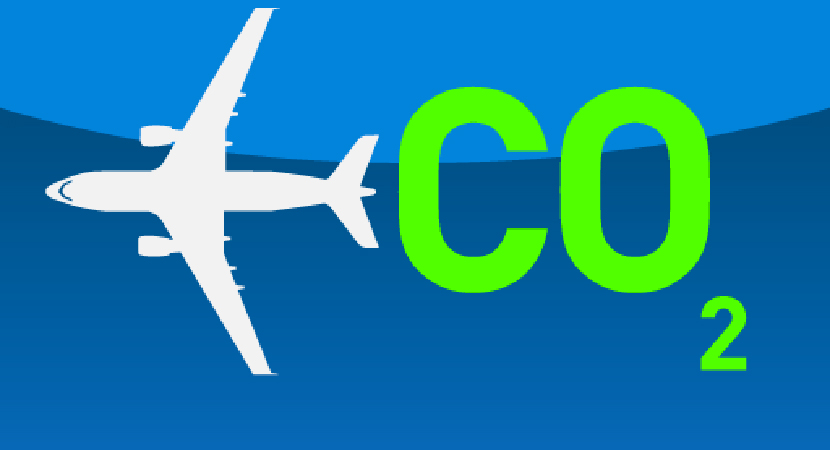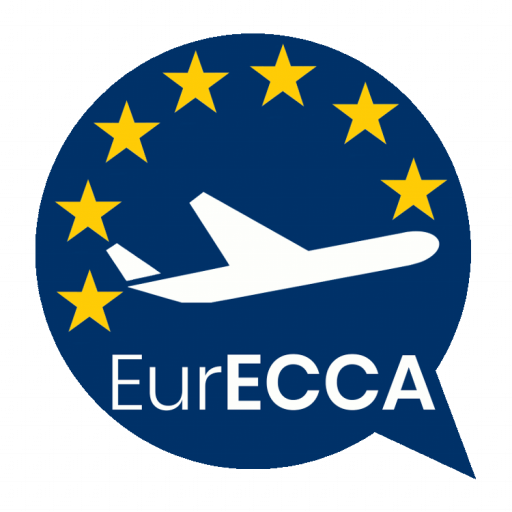Sustainability and aviation – ensuring competitiveness and avoiding “carbon leakage”
E4FC supports the ambition of the EU to reduce carbon emissions. European airlines have long been working to reduce their CO2 output with investments in new aircraft and technologies, the development and use of sustainable aviation fuels, operational improvements and the participation of aviation in the EU Emissions Trading System (ETS) as well as the global carbon offsetting program, CORSIA.
The European Green Deal is a comprehensive policy approach, encompassing several elements applicable to aviation, most markedly the revision of the EU ETS and the “ReFuel Aviation” initiative promoting sustainable fuels. It is clear that the increased efforts under the European Green Deal will require investments and significantly add to the costs of European airlines, thereby negatively impacting the global competitiveness of European network carriers. At the same time, the very mechanisms that put EU airlines at a competitive disadvantage also create the potential for something akin to “carbon leakage”, thereby counteracting the desired environmental effect. An example is the current EU ETS:
The current scope covers only flights to, from and within the European Economic Area (EEA) but does not include flights between the EEA and third countries. This means on a trip from the EEA with a transfer at a European hub, the feeder flight is subject to the ETS. On a trip with a transfer outside the EEA (such as Istanbul, Dubai or, in the future, London), the ETS does not apply. This does not only put EU airlines and EU hubs at a competitive disadvantage, but it also encourages price-sensitive passengers to fly detours via hubs outside the EU, potentially increasing fuel consumption and emissions. A similar effect would occur if the proposed “Refuel Aviation” legislation obliges airlines to use expensive sustainable fuels in Europe, but not elsewhere.
There are solutions to avoid such distortions und unintended environmental consequences. The introduction of a carbon border adjustment mechanism for example can ensure the level playing field between EU airlines and third country carriers. However, if the EU cannot succeed in this effort, feeder flights to EEA hubs could be exempted from the ETS, thereby levelling the playing field. Alternatively, comprehensive air transport agreements (CATAs) could make it a condition that third country airlines are bound by EU environmental legislations, also ensuring a level playing field.
Europeans for Fair Competition www.e4fc.eu • info@e4fc.eu
19 November 2020
E4FC therefore calls upon policy makers to ensure that sustainability standards or any other mechanisms under the European Green Deal are crafted in such a way that competitive disadvantages and unintended environmental consequences are avoided.
This is particularly important at a time where the COVID-19 pandemic has hit European aviation hard and airlines will struggle for years to regain footing. The pandemic has already led to an unprecedented loss of jobs in the aviation sector: In Europe alone, six million jobs are at risk. The European Green Deal should not be responsible for increasing this tally – and it is our view that it does not need to – if legislations are smart and directed to ensure a level playing field.
Europeans for Fair Competition www.e4fc.eu • info@e4fc.eu


